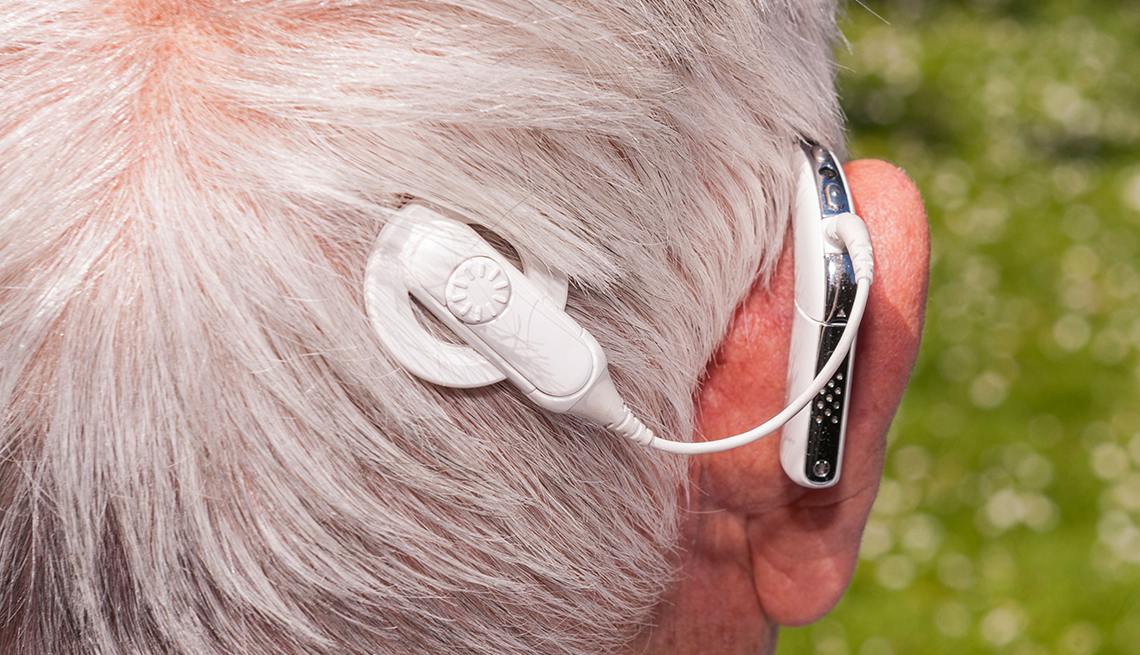
Too Old for a Cochlear Implant?
- Select a language for the TTS:
- UK English Female
- UK English Male
- US English Female
- US English Male
- Australian Female
- Australian Male
- Language selected: (auto detect) - EN
Play all audios:
Some older patients do well with cochlear implants, experts say. Getty Images Facebook Twitter LinkedIn
Is there an age limit to getting a cochlear implant?
I asked this question of several cochlear implant surgeons around the country, and they all answered the same way: Age, per se, is not a disqualifying factor.
All have implanted patients in their 90s and, as Anil Lalwani, M.D., of New York-Presbyterian/Columbia University Irving Medical Center said, he "routinely" operates on patients over 80. His
oldest patient is 93.
Surgeon Jay Rubinstein, at the University of Washington Medical Center, has performed cochlear implant surgery on a 96-year-old. Like the others, he thinks chronological age is not the
issue, it's a person's overall health. It's not so much how many years you've lived as how well your body has held up. In April 2014, Mollie Smith, 99, became the oldest cochlear implant
recipient in Europe.
Cochlear implant surgery takes about two to three hours and requires general anesthesia or heavy sedation, so the ability to tolerate anesthesia is essential. Even so, a 2009 study by
Lalwani and others, found that cochlear implantation in the elderly carries minimal risk from anesthesia.
One of the important preexisting conditions that may preclude surgery is moderate or severe heart and/or lung disease, which could make anesthesia potentially dangerous, said Rick Hodgson,
M.D., with Head and Neck Surgical Associates in Portland, Ore. The oldest patient he has implanted was 92 and he's doing well, Hodgson said, noting that as a surgeon he looks more at
"biologic age than chronological age."